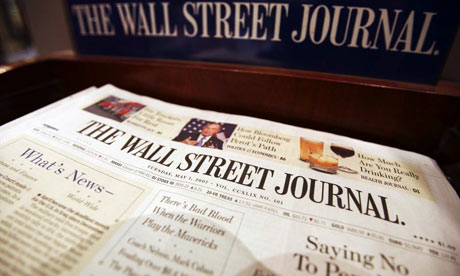Revised Friday Oct. 28, 2011
On Tuesday October 25th we used tear gas, rubber bullets, and flash grenades to crush the "Occupy Oakland" demonstration against our friends and benefactors on Wall Street. At least 85 people were arrested. One protester, Scott Olsen, an Iraq war vet who served two tours, is in critical condition.
One particular incident Tuesday evening showcased the extent to which we now apply the lose and flexible rules that characterized our recent military engagement in Iraq to the streets of American cities.
In April 2010 WikiLeaks (the group led by high-tech terrorist Julian Assange) released a leaked Pentagon file -- the so-called "Collateral Murder" video. The video depicts the kind of behavior that Pentagon inquiries have deemed to fall within the bounds of our Rules of Engagement for Iraq. For example, the video shows a badly wounded man bleeding on a Baghdad street. A mini-van pulls up and some people get out to help the wounded fellow. Fortunately, one of our helicopter gunships is in a position to uphold our Rules of Engagement and it fires upon the rescuers.
Here's the video. It's set to begin playing from the spot where our military's attack on the helpers unfolds (9min 12sec):
On Tuesday October 25th we used tear gas, rubber bullets, and flash grenades to crush the "Occupy Oakland" demonstration against our friends and benefactors on Wall Street. At least 85 people were arrested. One protester, Scott Olsen, an Iraq war vet who served two tours, is in critical condition.
One particular incident Tuesday evening showcased the extent to which we now apply the lose and flexible rules that characterized our recent military engagement in Iraq to the streets of American cities.
In April 2010 WikiLeaks (the group led by high-tech terrorist Julian Assange) released a leaked Pentagon file -- the so-called "Collateral Murder" video. The video depicts the kind of behavior that Pentagon inquiries have deemed to fall within the bounds of our Rules of Engagement for Iraq. For example, the video shows a badly wounded man bleeding on a Baghdad street. A mini-van pulls up and some people get out to help the wounded fellow. Fortunately, one of our helicopter gunships is in a position to uphold our Rules of Engagement and it fires upon the rescuers.
Here's the video. It's set to begin playing from the spot where our military's attack on the helpers unfolds (9min 12sec):
In the next video, shot in the midst of our violent attack on protesters Tuesday, an Oakland police officer throws a flash grenade at a group of people trying to carry away a badly injured protester.
The Oakland police officer who tossed the flash grenade was undoubtedly familiar with our Rules of Engagement for Iraq. We applaud the decision of this officer to uphold these rules on American soil.
If we are to exterminate the unruly spirit of altruism and dissent that plagues the streets of Oakland, New York and all the other occupied towns and cities across this great land of liberty, we must treat our own citizens no better than we have treated the inhabitants of the countries we have occupied. We must train police to behave as if the bottom 99% of society consists of two kinds of American: the terrorist and the potential terrorist.
Needless to say, we're counting on our news media to cover the attack on the good Samaritans in Oakland the same way CNN covered the attack on the rescue van in the WikiLeaks video.







